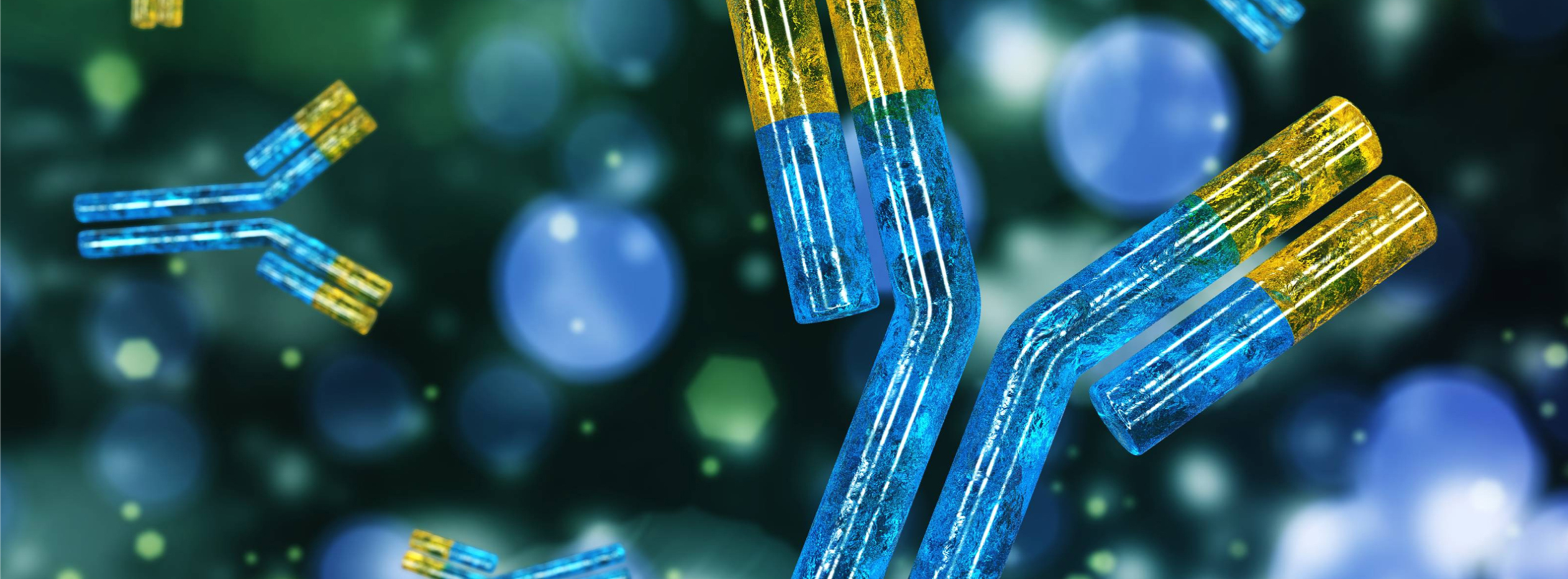
|

|

|

|

Can Biosimilars Finally Be Successful in the US?
(Note: companies that
could be impacted by the content of this article are listed at the base of the
story [desktop version]. This article uses third-party references to provide a bullish,
bearish, and balanced point of view; sources are listed after the Balanced
section.)
Biologic drugs (biologics) are therapeutic agents extracted or partially synthesized from biological sources. Biologics include vaccines, monoclonal antibodies, and therapeutic proteins. These products are generally larger and more complex than small-molecule drugs. Biologics are a rapidly growing segment of the pharmaceutical industry. The biologics segment has experienced a dramatic increase in the number of products in the market over the last few decades. The percentage of biologics in total drug approvals increased from 19% in 1998 to 39% in 2017. In 2018, the US Food and Drug Administration (FDA) approved 59 medicines, seventeen (29%) of which are biologic products. At present, the majority (an estimated 70%) of top-selling drugs in the pharmaceutical industry are biologics.
Biosimilar products (biosimilars) are defined by their similarity to existing FDA-approved biologics. According to the FDA, a biosimilar is a product that has no clinically meaningful difference when compared to a commercially available biologic or “reference biologic.” Biosimilars can only be commercialized once the patent protection of the reference biologic expires. The biosimilars market is being supported by the FDA, which released the “Biosimilar Action Plan” to improve the efficiency of the approval process for these medicines. FDA has granted 24 biosimilar approvals up to date. As of February 2019, only 7 out of seventeen (41%) approved biosimilars were on the market. Despite the implementation of the “Biosimilar Action Plan,” the support received by FDA regulators has yet to translate into successful commercialization of these products.
Exhibit 1. Biosimilars
approved by FDA
Source: www.fda.gov/drugs/biosimilars/biosimilar-product-information
The most recent drug approval was for Pfenex Inc. (NYSE American: PFNX)’s PF708. PF708 gained approval under the 505(b)(2) regulatory pathway, with Forteo® (teriparatide injection) as the reference drug, for the treatment of osteoporosis in certain patients having a relatively high risk for bone fractures. In 2018, global sales of Eli Lilly’s Forteo were $1.6 billion, which gives an indication of the potential commercial opportunity for PF708.